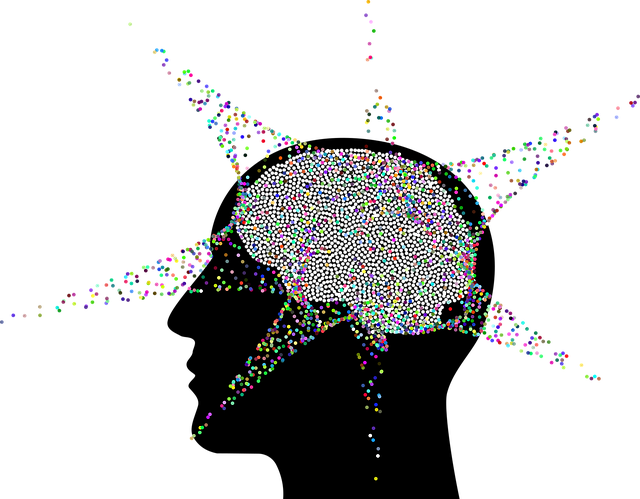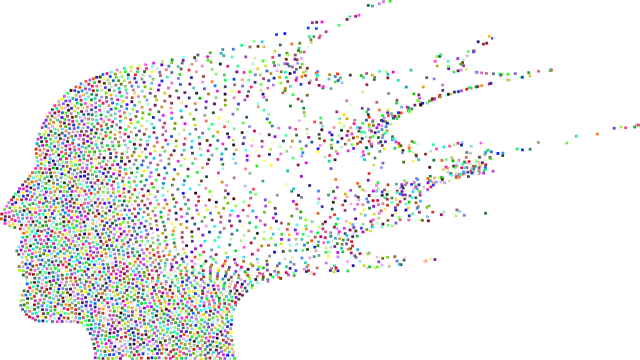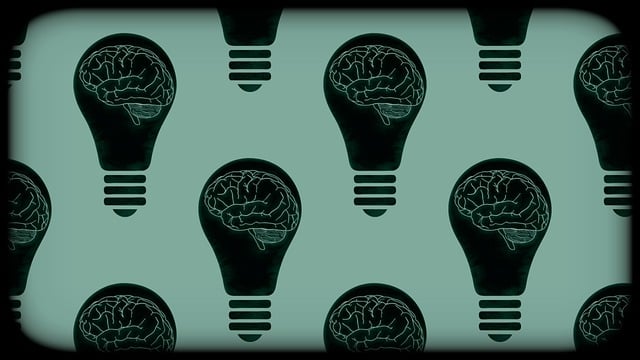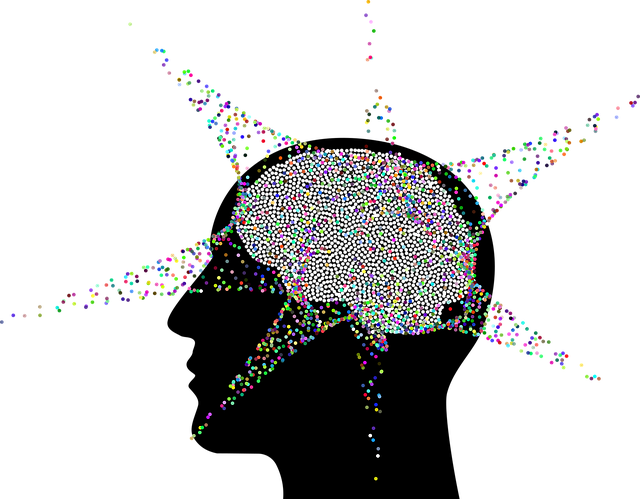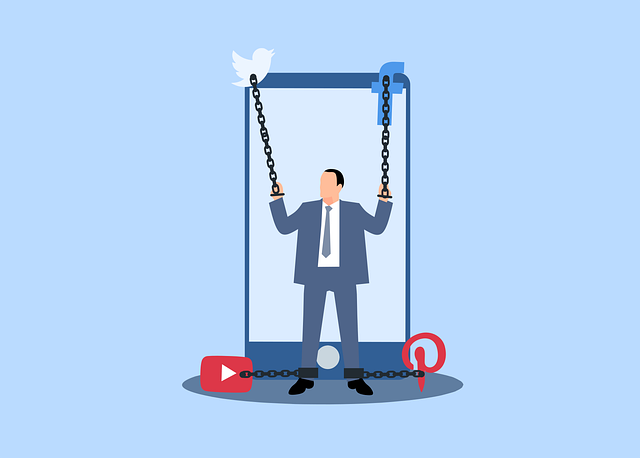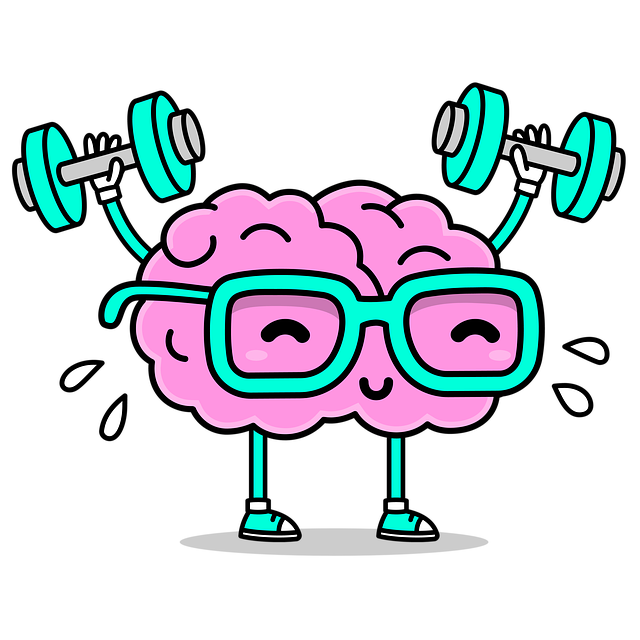Adolescent development is a critical phase marked by physical, cognitive, and emotional changes, including identity formation and social dynamics challenges. Organizations now focus on supporting teens with developmental disabilities through tailored therapy for adolescent teens and interventions like stress management workshops and risk reduction methods. Effective risk management planning creates supportive environments and reduces potential hazards. Public awareness campaigns play a vital role in transforming societal attitudes, offering early intervention, and improving therapy for adolescent teens with developmental disabilities. Engaging strategies, success stories, and empowerment techniques foster understanding, empathy, and inclusion, ultimately leading to better outcomes.
Public awareness campaigns play a pivotal role in shaping societal perceptions and fostering understanding, especially regarding adolescent teens with developmental disabilities. This article delves into the intricate process of creating impactful campaigns that educate and inspire action. By exploring the unique challenges faced by teens with these disabilities, we uncover the power of strategic communication. We discuss how tailored messages can promote early intervention, reduce stigma, and encourage access to essential therapies for a brighter future.
- Understanding Adolescent Teen Development and Disabilities
- The Role of Public Awareness Campaigns
- Crafting Effective Campaign Strategies for Positive Impact
Understanding Adolescent Teen Development and Disabilities

Adolescent teen development is a crucial period marked by significant physical, cognitive, and emotional changes. Understanding this stage involves recognizing that teens are navigating their identity, independence, and social interactions while dealing with various challenges. Many organizations now focus on providing support for adolescents with developmental disabilities, ensuring they receive the necessary therapy for adolescent teens to thrive. This includes specialized interventions tailored to their unique needs.
Incorporating stress management workshops and risk reduction methods within these programs is essential. These initiatives not only help teens cope with everyday stressors but also equip them with valuable skills for mental health professionals. Effective risk management planning is integral, allowing professionals to anticipate and mitigate potential risks associated with this developmental stage, thereby fostering a healthier and more supportive environment for all adolescents involved.
The Role of Public Awareness Campaigns

Public awareness campaigns play a pivotal role in shaping societal perceptions and behaviors, especially when addressing sensitive topics like developmental disabilities among adolescent teens. Through targeted messaging and engaging strategies, these campaigns serve as a powerful tool to dispel myths, foster understanding, and promote early intervention. By shedding light on the unique challenges faced by teens with developmental disabilities, communities can offer improved therapy and support systems.
Incorporating practices such as mental wellness journaling, guidance in mindfulness exercises, and compassion cultivation can further enhance the impact of these campaigns. These initiatives not only boost the confidence of affected individuals but also encourage a culture of empathy and inclusion. By integrating these activities into awareness efforts, campaigns can empower teens to navigate their journeys with resilience and self-acceptance while advocating for broader societal acceptance.
Crafting Effective Campaign Strategies for Positive Impact

Crafting effective public awareness campaigns requires a deep understanding of the target audience and their unique needs. When focusing on issues like developmental disabilities in adolescent teens, it’s crucial to present information that resonates with both the affected individuals and their caregivers. A well-rounded strategy should incorporate various communication channels, from social media platforms to local community events, to ensure widespread reach. Emphasizing success stories and providing practical burnout prevention strategies for healthcare providers can foster empathy and promote understanding.
Incorporating emotional intelligence and mind over matter principles into the campaign narrative can significantly enhance its impact. By sharing personal accounts that highlight the transformative power of therapy, campaigns can inspire hope and encourage early intervention. This approach not only educates the public but also empowers them to recognize signs of distress in teens with developmental disabilities, potentially leading to more effective support systems and improved outcomes.
Public awareness campaigns play a pivotal role in shaping societal understanding and support for adolescent teens with developmental disabilities. By combining comprehensive knowledge of teenage development and targeted strategies, these campaigns can foster empathy, reduce stigma, and encourage access to essential therapy for those in need. Through effective messaging and community engagement, we can create an inclusive environment that empowers teens with developmental disabilities to thrive.
